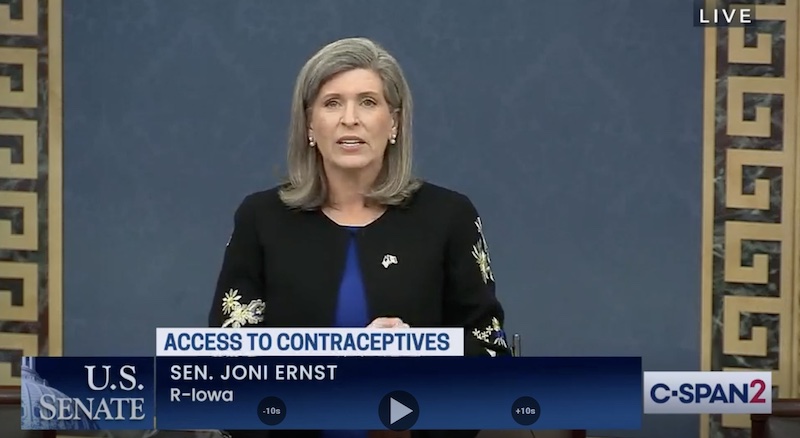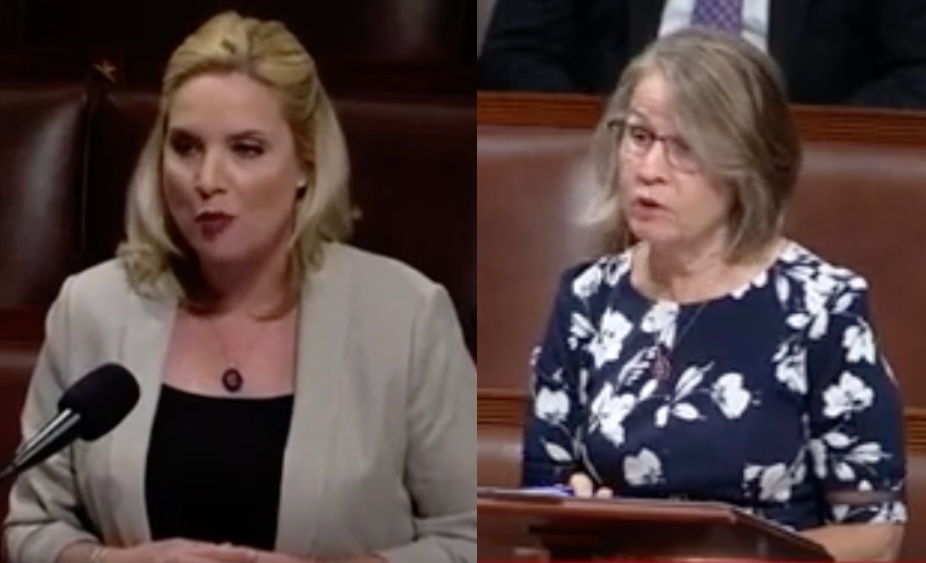Just as I’d feared, President Barack Obama is moving toward the Republican position in an effort to pass a “bipartisan” economic stimulus bill.
At the request of the president, the overall price tag will be in the $800 billion range, even though many economists believe we need at least $1 trillion to kick-start the economy.
Also, House Democrats were under pressure to reduce planned spending on mass transit and other infrastructure projects to make room for tax cuts to appease Republicans–even though the tax cut provisions are unlikely to create the jobs we need.
Yesterday Obama personally urged Democrats to remove contraception funding for poor women from the stimulus bill in order to appease Republican critics.
Trouble is, the top two House Republicans have already told their caucus to vote against the stimulus bill when it comes to the floor.
Today Obama met privately with Republican Congressional leaders to discuss the stimulus further. As you’d expect, Republicans keep finding things to complain about, like a few billion dollars for “neighborhood stabilization activities.”
How many more times will the president cave to GOP demands before he realizes that Republicans have already decided to vote against the bill?
He doesn’t need Republican votes to pass this bill.
No matter how many concessions he makes, he won’t get a significant number of Republican votes in favor of the bill.
All he’ll get is a watered-down stimulus bill and a talking point that he tried to work with the other side. Republicans will get the political credit for opposing the stimulus if it turns out to be ineffective.
Obama should stop worrying about bipartisanship and work toward getting Congress to pass the best bill for fixing the economy.
I’m with New York Times columnist Bob Herbert:
When the G.O.P. talks, nobody should listen. Republicans have argued, with the collaboration of much of the media, that they could radically cut taxes while simultaneously balancing the federal budget, when, in fact, big income-tax cuts inevitably lead to big budget deficits. We listened to the G.O.P. and what do we have now? A trillion-dollar-plus deficit and an economy in shambles.
This is the party that preached fiscal discipline and then cut taxes in time of war. This is the party that still wants to put the torch to Social Security and Medicare. This is a party that, given a choice between Abraham Lincoln and Ronald Reagan, would choose Ronald Reagan in a heartbeat.
Why is anyone still listening?
Instead of wasting time meeting with Republicans who are not negotiating with him in good faith, Obama could try to get his Treasury Secretary Timothy Geithner on board with the administration’s alleged “no lobbyist” policy.
UPDATE: Forgot to mention that last week Obama agreed to delay bankruptcy reform in a fruitless effort to bring over Republicans on the stimulus bill:
Many Democrats, including Obama, have long-supported the strategy of empowering bankruptcy judges to alter the terms of primary mortgages to prevent foreclosures. But White House officials have said they don’t want the bankruptcy provision in the stimulus bill for fear of alienating Republicans, most of whom oppose the change.
Obama should worry more about the substance of legislation and less about whether he can claim a victory for bipartisanship.
SECOND UPDATE: TomP sees the glass half full, arguing that Obama is not compromising further on “core values.”
THIRD UPDATE: As usual, Natasha Chart says it very well:
Some Democrats have fallen prey to the delusion that politics is a gentlemen’s parlor game in which they’re being judged on style, as opposed to a set of deadly serious struggles in which they’re being judged on their results.
It’s a stupid belief that will lead its holders to no good end in the future, just as it has not in the past.
Though likely, long before they suffer any consequence for their foolishness, some young family with crappy jobs, a child or children that they can barely feed already, and no insurance is going to find themselves in a jam this year that these bozos could prevent by funding family planning for low-income households.
Continue Reading...




